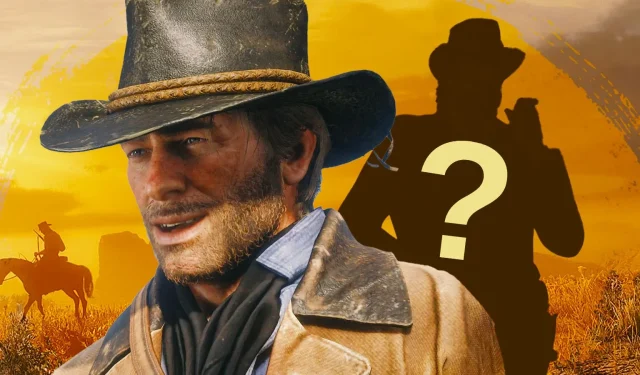
Red Dead Redemption 2 set a high standard for narrative depth in video games. For the upcoming Red Dead Redemption 3 to resonate as deeply, it must achieve a critical goal: create a likable representation of Dutch van der Linde. Although Dutch has been a recurring character throughout both titles, he has yet to win over the hearts of players. The question arises: can this installment of the series, which prominently features the concept of “redemption,” offer insights into a more admirable version of Dutch?
As of now, there is no confirmed information about the returning characters from the previous games nor the specific timeline in which Red Dead Redemption 3 will unfold. Given the series’ placement during the tail end of the “Wild West”era, any continuation or prequel must tread carefully not to veer too far into a different historical context. However, if the third game delves into the past, it could provide the backstory necessary to reframe Dutch’s character positively.
Exploring Dutch in His Youth
A Possible Prequel: Following Established Patterns
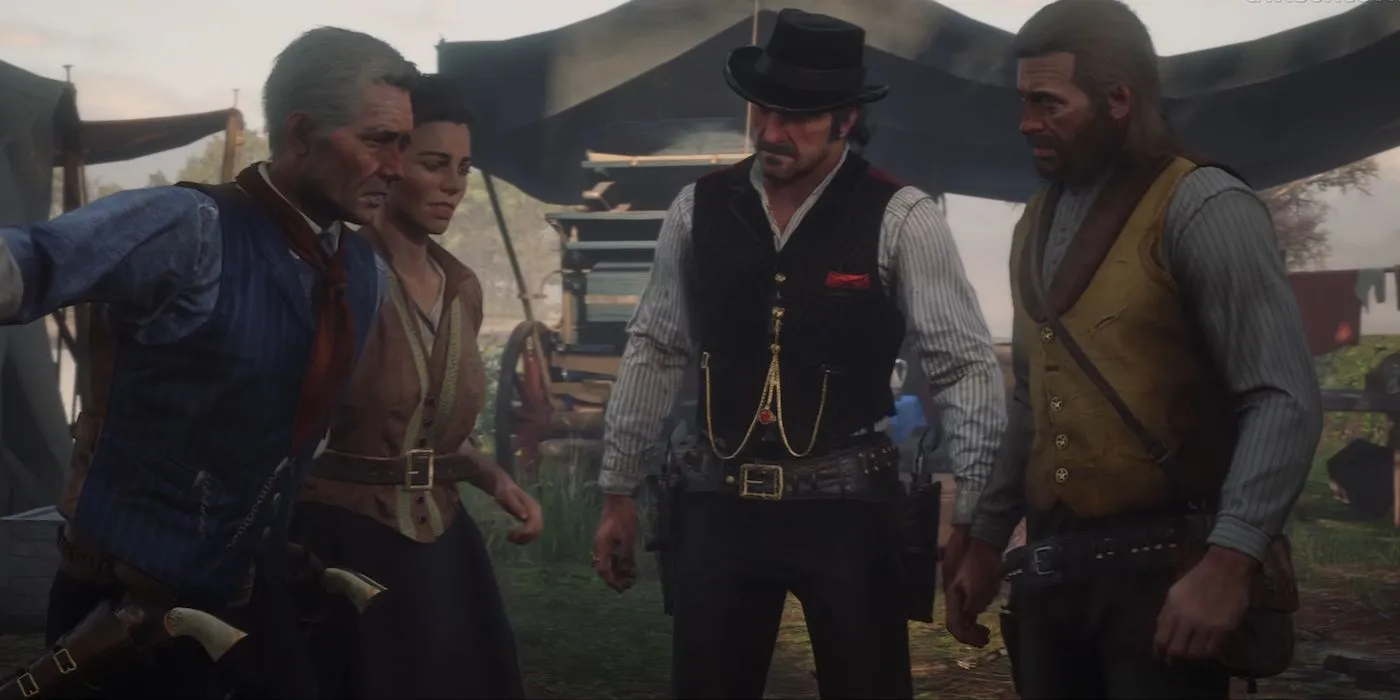
Much like Red Dead Redemption 2 explored a younger version of John Marston and Dutch’s gang before their eventual disbandment, there is potential for RDR3 to engage players by examining Dutch and his companions in their formative years. This would not only allow the inclusion of well-loved characters like Arthur Morgan—who meets an untimely fate—but could also help illustrate Dutch’s earlier virtues, verifying his followers’ unwavering belief in his goodwill and abilities.
Throughout Red Dead Redemption 2, characters like Arthur exhibit profound loyalty to Dutch, even when the leader’s lack of foresight becomes painfully clear. Arthur references Dutch’s past heroics, stating that he “saved most of [the gang]” at some earlier juncture. By illustrating these backstories in the third installment, there lies an opportunity for the narrative to redeem Dutch’s image, presenting him as the inspiring leader his followers believe him to be.
Despite Dutch’s shortcomings, his gang possesses an intrinsic likability. While some characters, like Micah Bell, may fuel frustration, the overarching narrative engages players with a deep sense of camaraderie and attachment to Arthur’s companions. If RDR3 can depict Dutch as a protective figure in their early years, it would substantially raise the stakes for convincing players that he is more than just a manipulative figure leveraging his gang for personal gain.
Challenges in Redeeming Dutch’s Character
A History of Unlikability
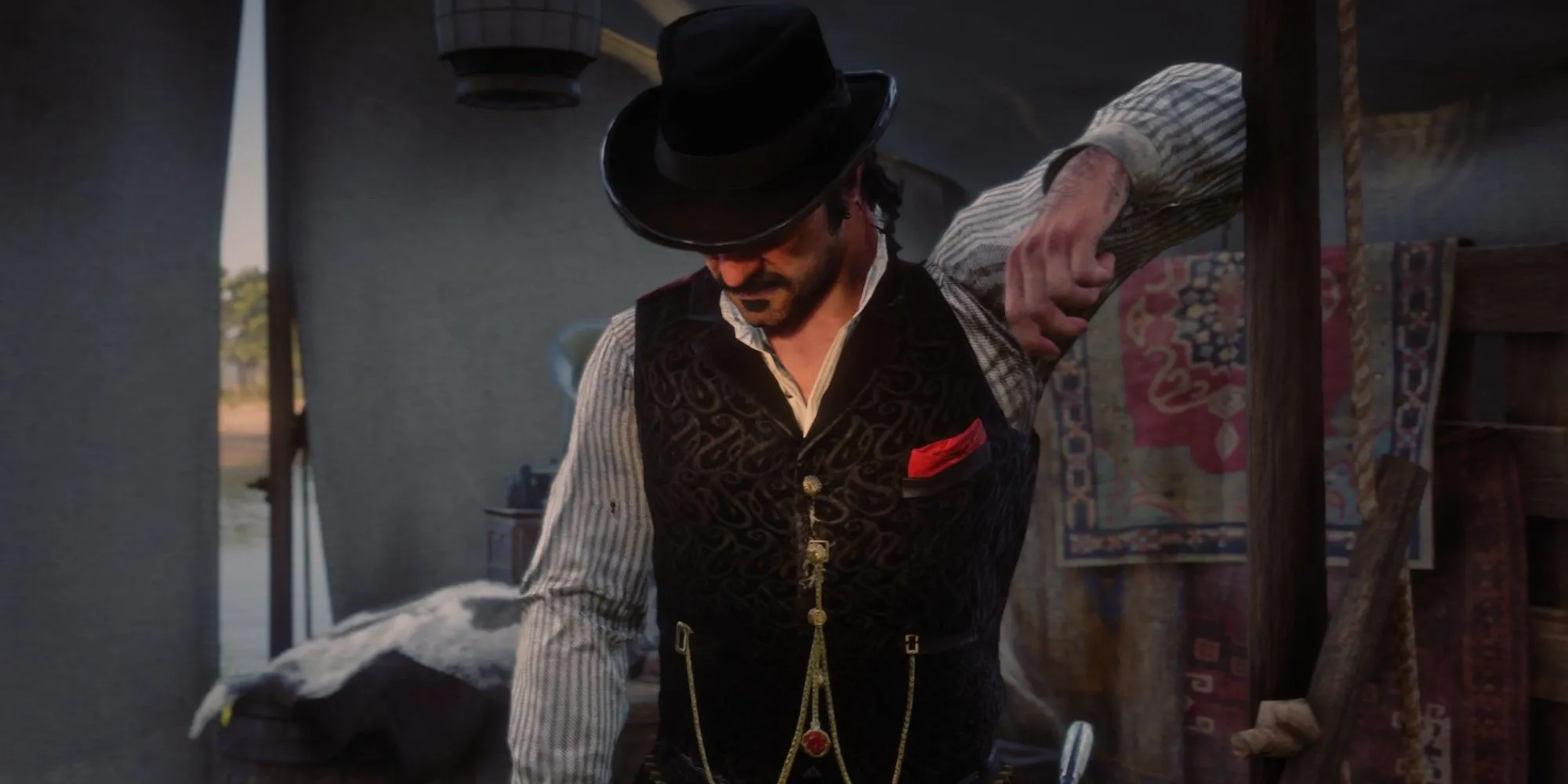
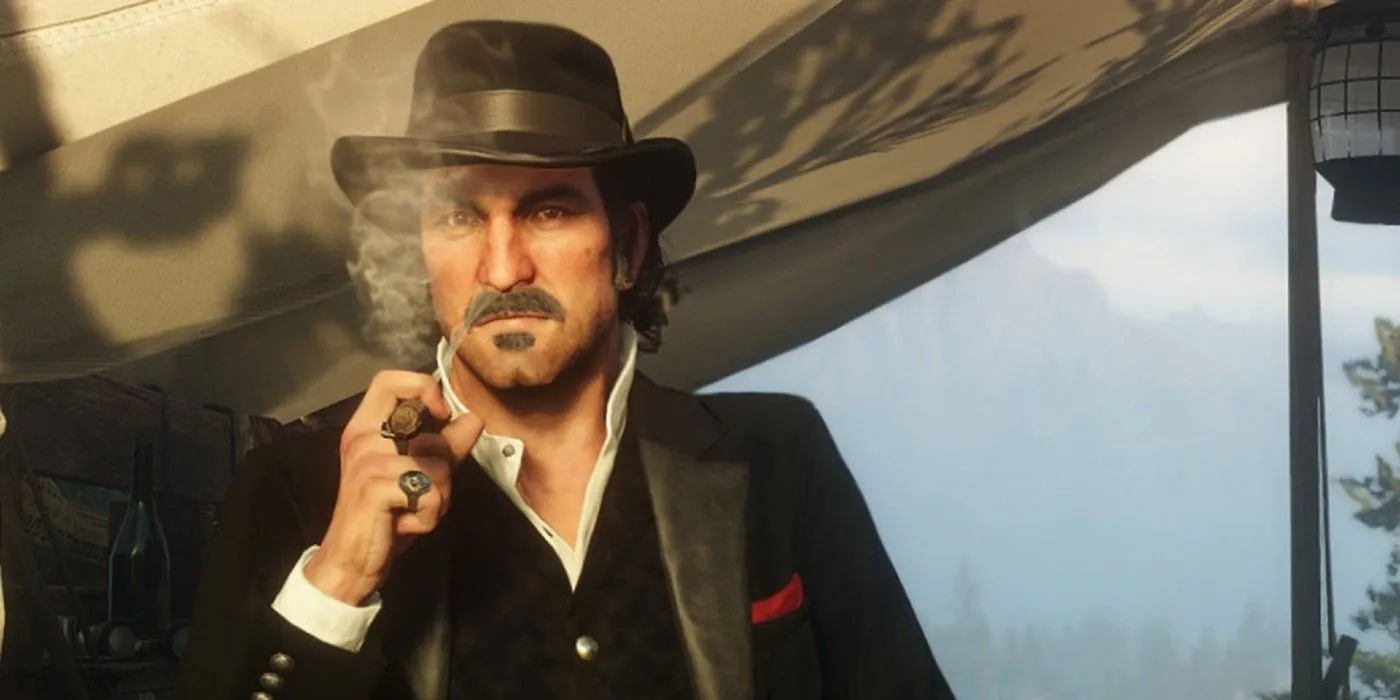
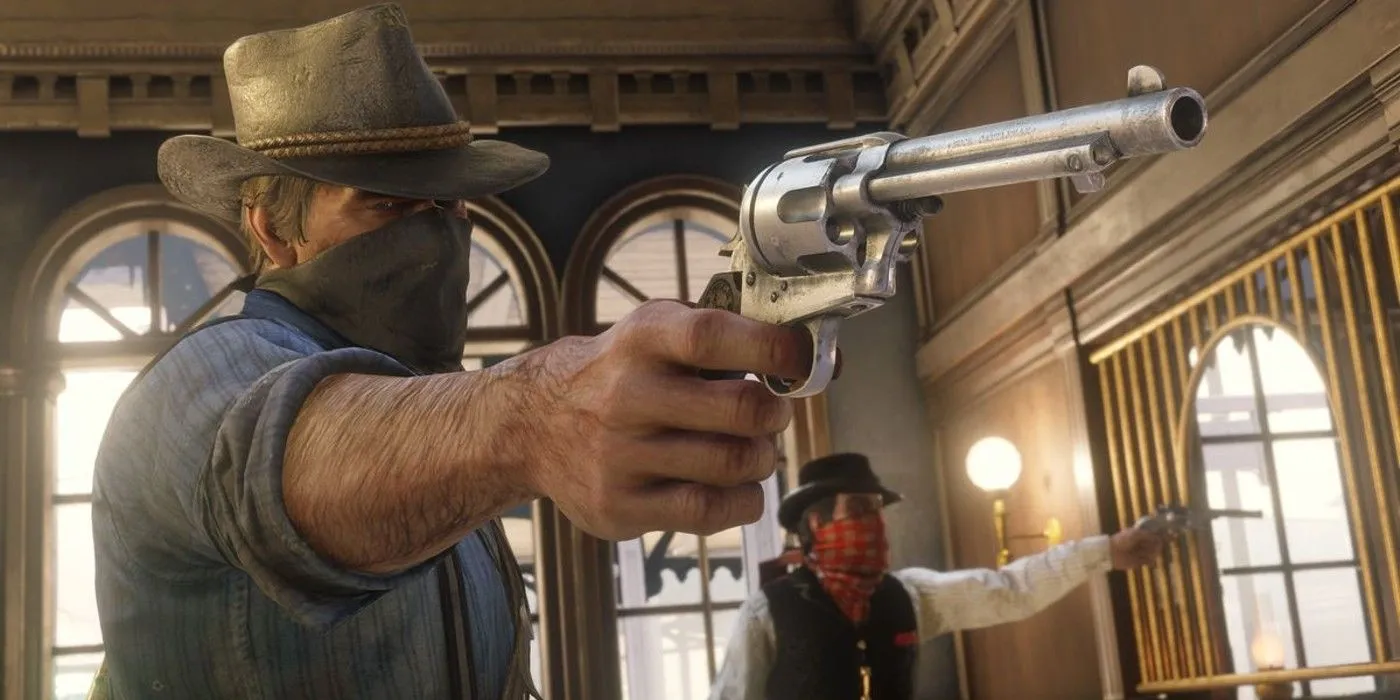
Even with a revealing backstory, genuinely liking Dutch remains a significant hurdle. My distaste for him has developed over 14 years, starting with his provocative choices in the first Red Dead Redemption. His unethical actions range from exploitative manipulations of Indigenous people to brutal violence against innocent characters, painting a picture of a deeply flawed individual.
Although Red Dead Redemption 2 presented Dutch in a somewhat sympathetic light initially, it soon became clear that he often prioritized his agenda over the wellbeing of his gang. What seemed to be altruism revealed itself as a veneer for his selfish motives—emphasizing a toxic blend of leadership and deceit.
While players may expect to see Dutch evolve, his tendency to demand allegiance from his gang without reciprocating respect adds to his complexity. Throughout RDR2, Arthur’s deep sense of loyalty makes it difficult for the player to escape Dutch’s scheming, leading to a frustrating tension that often undermines any potential for favorable perceptions of him.
Given the potential for thoughtful storytelling, Red Dead Redemption 3 might yet offer an unexpected twist.
A genuine redemption arc for Dutch is indeed feasible, albeit challenging. With the narrative prowess demonstrated in Red Dead Redemption 2, the development team possesses the tools necessary to craft a compelling arc that could surprise even the most skeptical players.
A Path to Redemption
Could Dutch Become the Playable Protagonist?
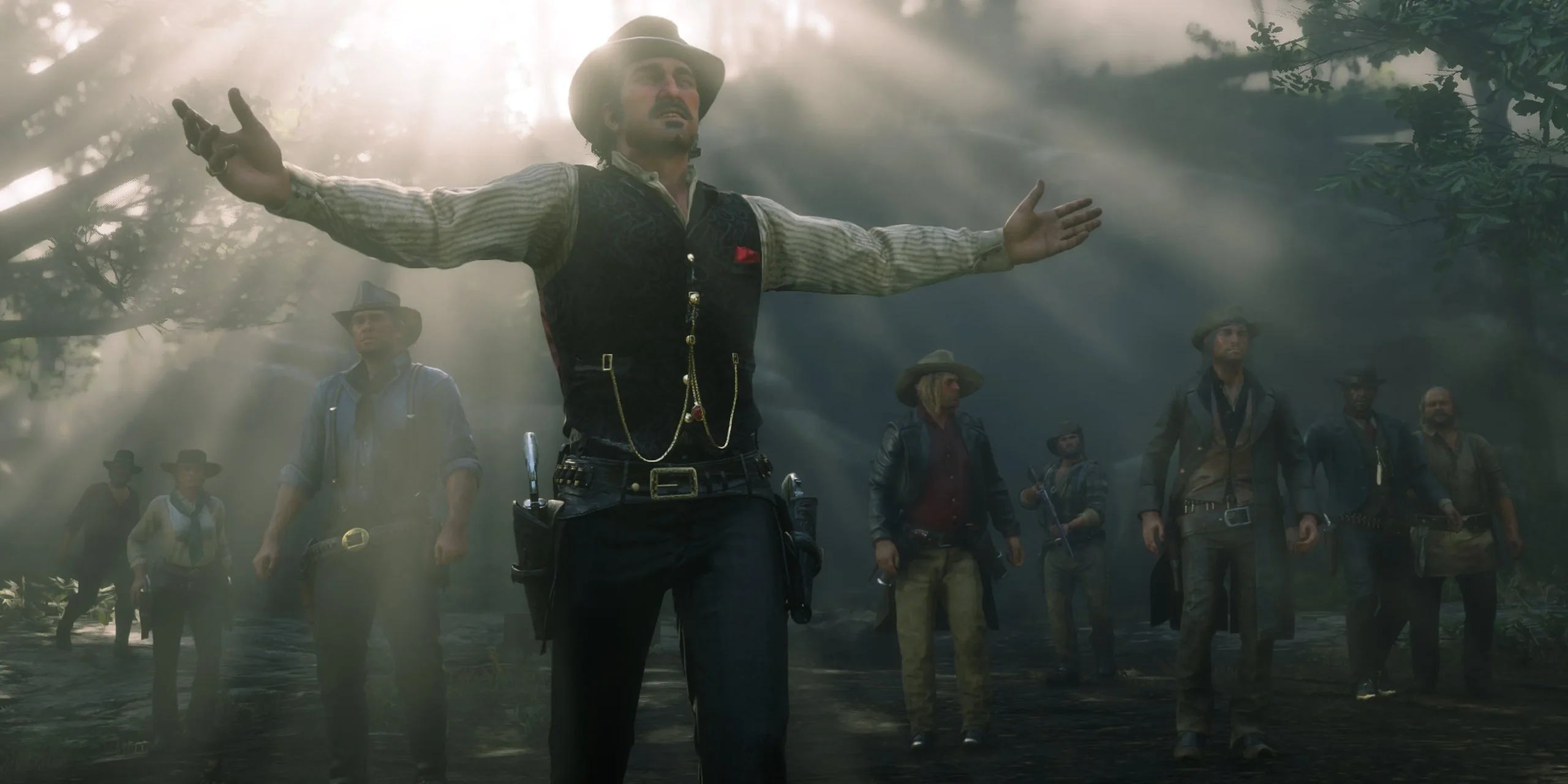
One straightforward approach for Red Dead Redemption 3 to rehabilitate Dutch’s character would be to make him the playable protagonist. This shift can allow players to explore his motivations and journey, offering a more intimate view of his character than previously seen. However, this approach might feel like an easy way out.
Players often develop empathy for the characters they control, complicating reactions to their actions. The reactions to Abby in The Last of Us Part 2 illustrated how gameplay can shape perception, making it a challenge to judge her character objectively. Consequently, controlling Dutch might mitigate players’ biases against him, though it’s not the route I prefer.
Instead, I envision a more ambitious narrative where Dutch serves as a non-playable character (NPC), providing an opportunity for the player to empathize with him through a third-party lens. Achieving this would not only be a commendable feat but also establish Dutch as a more nuanced figure without relying on inherent player bias. If Red Dead Redemption 3 could authentically illustrate Dutch’s character evolution, it would undoubtedly impress those who have long questioned his morality and intentions.




Leave a Reply